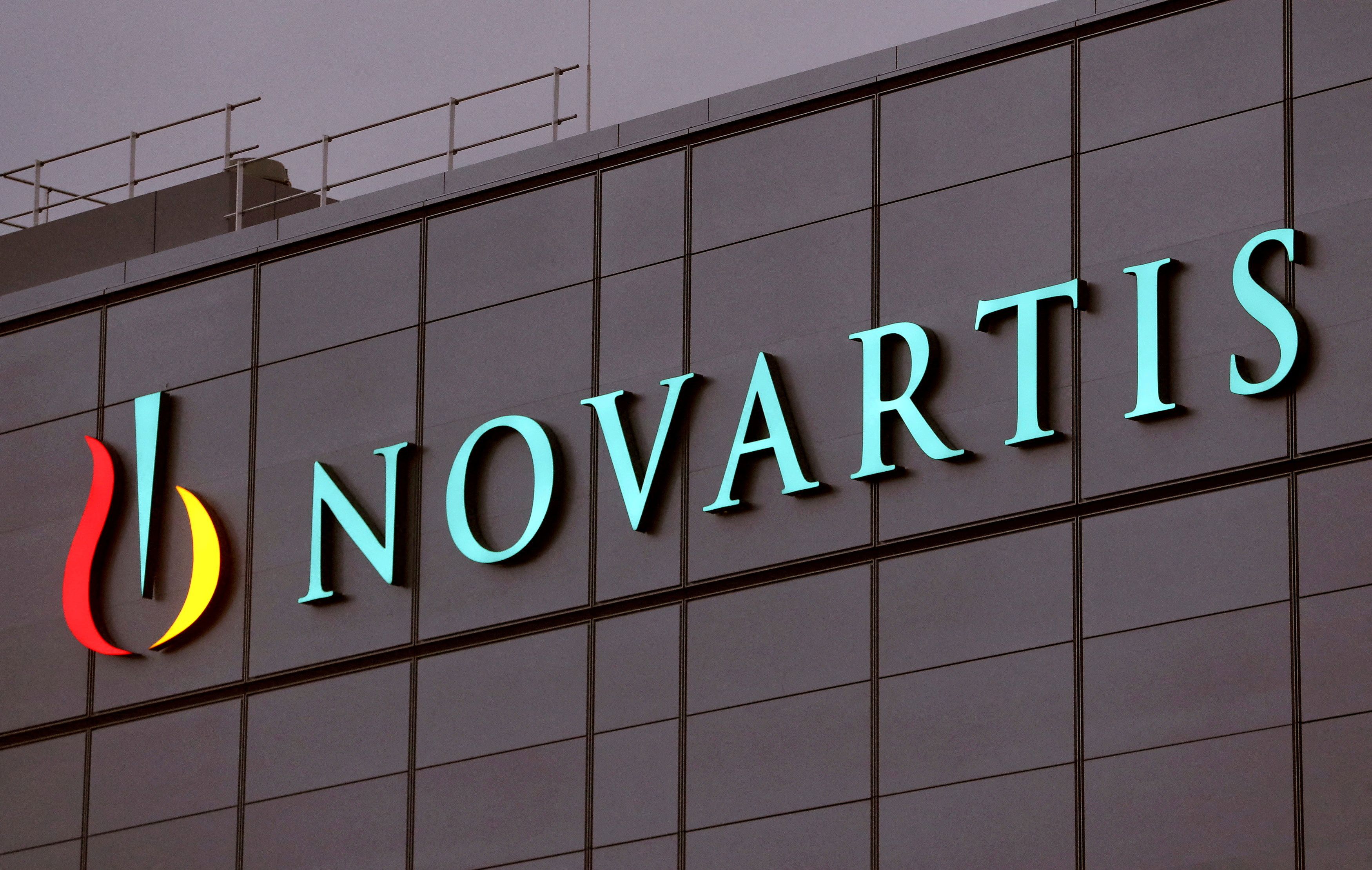U.S. Supreme Court rebuffs Novartis, allows generic versions of MS drug
14 Oct 2022
Generic DrugPatent Infringement

Preview
Source: Reuters
WASHINGTON, Oct 13 (Reuters) - The U.S. Supreme Court on Thursday turned down Novartis' (NOVN.S) bid to block the launch of generic versions of the company's blockbuster multiple sclerosis drug Gilenya in a dispute with China's HEC Pharm Co Ltd (1558.HK) and other generic drugmakers.
Novartis sued HEC and more than a dozen other generic drugmakers, accusing them of patent infringement, in Delaware federal court after they applied for U.S. Food and Drug Administration (FDA) approval of Gilenya generics.
Novartis settled with some of the drugmakers it had sued, allowing for some Gilenya generics before a key patent's 2027 expiration. Companies that settled with Novartis included India-based Aurobindo Pharma Ltd (ARBN.NS), Dr. Reddy's Laboratories (REDY.NS) and Sun Pharmaceutical Industries Ltd (SUN.NS), Pennsylvania-based Viatris Inc's (VTRS.O) Mylan Pharmaceuticals and privately held Canada-based Apotex Inc.
The FDA in 2010 approved Gilenya, a once-daily pill used to treat relapsing forms of multiple sclerosis, a chronic disease that affects the central nervous system. Novartis said in September that it expects to lose $300 million in sales for the rest of 2022 if the Gilenya generics are launched.
The patent-focused U.S. Court of Appeals for the Federal Circuit ruled in June that a key Novartis patent for Gilenya was invalid.
Roberts acted after Novartis said that green-lighting the generics would hurt the company in "ways that could be impossible to calculate at an after-the-fact damages trial" and that it was likely to win a Supreme Court appeal of the underlying case.
HEC told the Supreme Court that Novartis makes $3.8 million per day from Gilenya sales in the United States alone.
A spokesperson for Novartis said the company will "continue to vigorously defend the validity of the Gilenya patent" and plans to petition the high court to review the Federal Circuit's decision.
Representatives for HEC did not immediately respond to requests for comment.
Our Standards: The Thomson Reuters Trust Principles.
Thomson Reuters
Blake Brittain reports on intellectual property law, including patents, trademarks, copyrights and trade secrets. Reach him at blake.brittain@thomsonreuters.com

Preview
Source: Reuters

Preview
Source: Reuters

Preview
Source: Reuters

Preview
Source: Reuters

Preview
Source: Reuters
For more details,please visit the original website
The content of the article does not represent any opinions of Synapse and its affiliated companies. If there is any copyright infringement or error, please contact us, and we will deal with it within 24 hours.
Indications
Targets
-Hot reports
Get started for free today!
Accelerate Strategic R&D decision making with Synapse, PatSnap’s AI-powered Connected Innovation Intelligence Platform Built for Life Sciences Professionals.
Start your data trial now!
Synapse data is also accessible to external entities via APIs or data packages. Leverages most recent intelligence information, enabling fullest potential.




